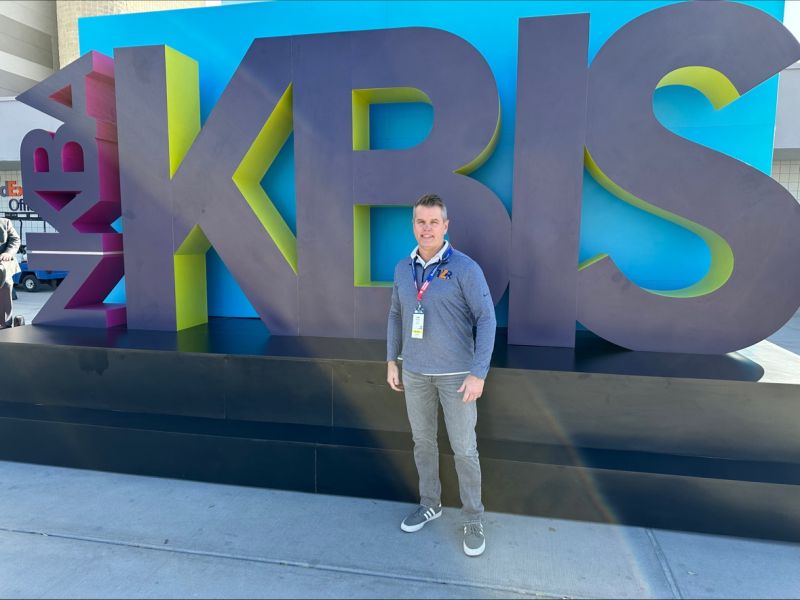Making a Strong Offer

As of late, a lot of buzz in the recruiting world surrounds the power job seekers hold when deciding where to accept their next position.
With remote work, the gig economy and desire for benefits beyond salary and health insurance, workers today have a lot of leverage when it comes to making a job work for them. Pair that with the need to keep up with technology, best practices, and the evolution of diversity and inclusion efforts, finding the right fit for your next job opening requires a level of expertise that only TZR can offer; keeping the process as efficient and streamlined as possible.
With a lot of focus on job postings and interview practices, it is important not to overlook what may be the most important – and nuanced – part of finding your next great hire: the offer.
What does a strong offer look like?
Navigating this portion of the process includes a number of considerations such as offer details, next steps, timing and salary discussions. Below are a few tips to help guide you through:
Once you’ve established the need to create a new or fill an existing position, aside from the actual job description, it’s important to outline as many details of the position as possible so that both your HR team and potential candidates have a clear understanding of what to expect. TZR President, Mark Fisher says a few things to consider are:
- Motivations for making a job change
- Timeline the candidate is on for making a job change
- Compensation parameters to determine viability and expectations (be sensitive to law limitations state by State)
- Complicating factors that inhibit ability to change or emotional attachment to current situation
Move swiftly but with empathy
Knowing this and other pertinent information about the role from the beginning will help keep the process on track and moving forward so that top candidates don’t lose interest and your organization is able to fill the role with as little interruption to your workflow as possible. In addition to having a detailed understanding of how the role will be offered, consider ways you can keep the process moving from a technological standpoint.
- Identify and understand the interview process up front with all stakeholders in the hiring process, including: HR, Hiring executive, recruiter, key executives in decision process
- Articulate the process to candidates to set expectations.
- Communicate any deviation from the set expectation. Managing expectations is the key to a successful recruiting experience.
“Once you’ve identified the best fit for the role, the key is to move quickly but consciously so that both parties are comfortable proceeding in good faith. Job seekers will likely be involved at some point in the interview process with a few different companies,” says Mark.
Since even a few hours of delay can mean the difference between getting your top candidate or risk moving down your list, an informal offer over the phone – with the clear understanding that a formal, written offer is coming next – is an acceptable way to proceed.
Of course, it is at this step in the process where salary discussions will be more concrete and questions/negotiations will come up.
Are you seeing the big picture?
Ideally, more broad salary information has been presented to top candidates throughout the interview process so those receiving an offer already have a good idea of what to expect.
Mark says “Asking in-depth questions about compensation can be tricky, given it is not required for candidates to share it in some states. So, we work with the candidate to get the details needed to see their comprehensive needs. This may include family member needs especially when relocation is required. Generally, they are considering a ‘family picture’ not just their own compensation. We have ways to get the detail needed while respecting everyone’s rights and personal boundaries. Creating and understanding a comprehensive motivation picture, which includes salary, is so important at the offer stage.”
For everyone’s benefit, make sure to be upfront about salary specifics from the moment the offer is extended.
And be prepared to answer questions about salary even during an informal offer discussion.
Time waits for no job offer
Finally, set clear expectations regarding response time once the official offer letter is received. Allowing a reasonable amount of time for a response will help ensure that candidates have gathered all of the information they need to make an informed decision; giving all parties involved peace of mind.
“Typically, 48-36 hours is adequate time for a candidate to review, ask follow-up questions and make a decision. They should have had plenty of time to answer for themselves if the role/company fit is good for them, then it is just a financial decision once the offer is extended,” says Mark.
Managing the hiring process with your best interest at heart is what we do every day at TZR. Our extensive network of professionals in a variety of industries paired with our proven track record of successful recruiting and placement at all levels makes us the ideal partner in your search. We make sure that the details are in place from day one so that you can focus on meeting and choosing the perfect candidate for your job, every time.






